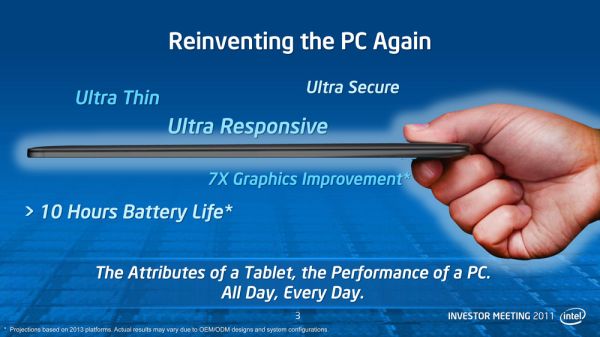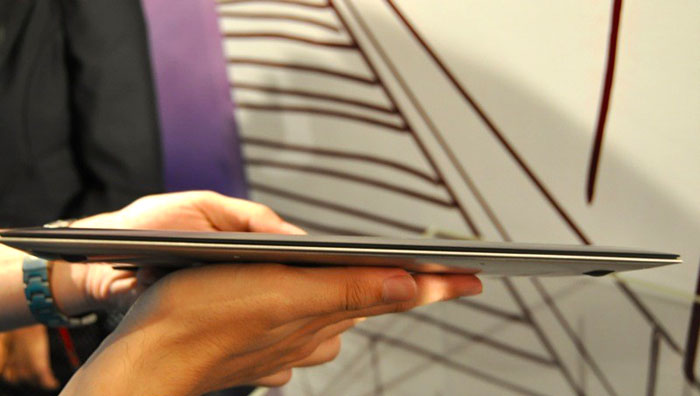Verdict
A neat way to add 802.11n to an old laptop or all-in-one, but doesn't boast a particularly long range
Review
If you've got a laptop with 802.11g, the most cost effective way to upgrade to 802.11n is to add a USB dongle. It's awkward, but it remains the only way to get greater speeds on an older machine. If having to unplug every time you pack away your laptop is getting to you, you may want to consider the D-Link Wireless-N Nano USB Adapter DWA-131, which unlike its name, is incredibly small.
It is, in fact, the smallest wireless USB adapter we've ever come across, and amazingly boasts a rated raw throughput of up to 300Mbits/sec. With such a restricted surface area there's room only for one PIFA antenna (Planar Inverted F Antenna) on board, so we weren't expecting great things.
To our surprise, the Nano performed pretty well. We compared the Nano with the integrated Intel 4965 chipset in our test laptop (a Lenovo X300), timing the transfer of a collection of small and large files from a server connected to our A-Listed Trendnet TEW-633GR router via Gigabit Ethernet, to the laptop in question.
Up close, the Nano performed admirably, achieving an overall average of 72Mbits/sec at a distance of 2m, compared to 68Mbits/sec for the integrated chipset. Moving 5m away with a couple of walls in the way hardly affected speed at all, with an average 70Mbits/sec measured, compared to 64Mbits/sec for the Intel chip.
But, once we started to move further afield, signal strength dropped off dramatically to the extent that the Nano barely managed to maintain a usable signal (it was below 1Mbits/sec) at 40m from the router. The integrated chipset, in the same location, averaged 27Mbits/sec.
Those living in large houses or with garden offices might want to look elsewhere, then, but for flat and terraced house dwellers, this is a seriously tempting little product. And it's reasonably priced too.












0 comments:
Post a Comment